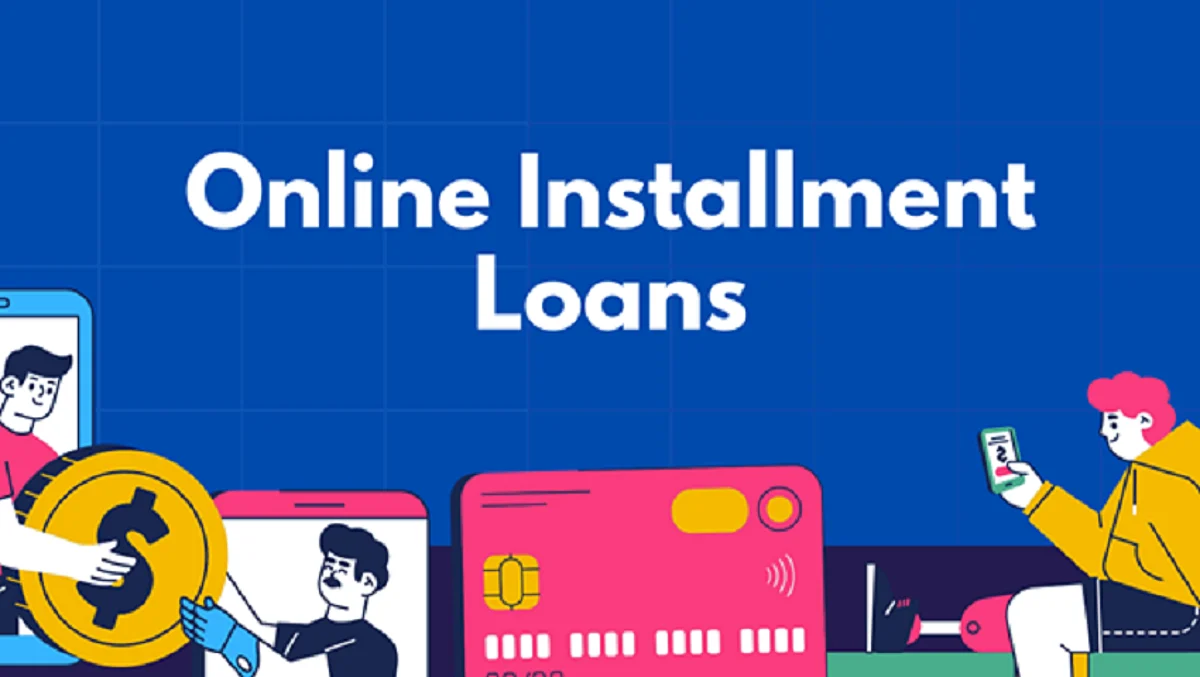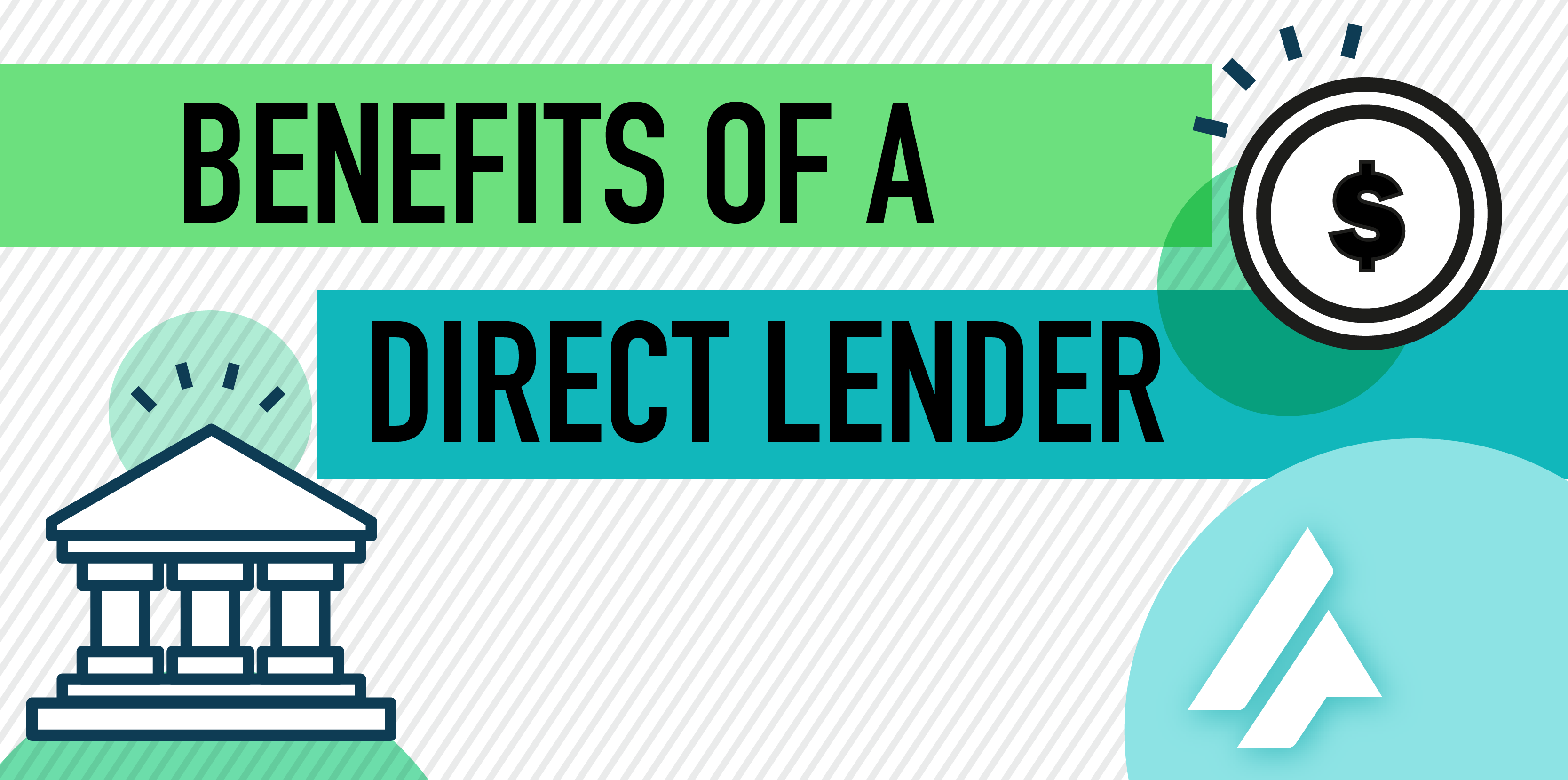Direct Lenders Installment Loans No Turndowns

The promise of instant financial relief, especially during times of economic hardship, can be incredibly alluring. A growing number of online lenders are advertising "Direct Lender Installment Loans No Turndowns," suggesting guaranteed approval regardless of credit history. But is this reality or a predatory trap waiting to ensnare vulnerable borrowers?
This article investigates the burgeoning market of "no turndown" installment loans, examining the claims made by direct lenders and scrutinizing the potential risks for consumers. We will delve into the business models of these lenders, analyze the terms and conditions associated with these loans, and explore the regulatory landscape governing this corner of the financial industry. We will also consider alternative borrowing options and provide guidance to individuals seeking financial assistance.
Understanding the "No Turndown" Claim
The core proposition of "Direct Lender Installment Loans No Turndowns" hinges on the idea that approval is virtually guaranteed. These lenders often market to individuals with poor or nonexistent credit scores, who are traditionally denied loans by mainstream financial institutions.
However, "no turndown" is rarely, if ever, literal. While lenders may approve a higher percentage of applicants compared to traditional banks, some criteria must be met.
Typically, this involves verifying identity, income, and bank account information. Even if approval is granted, the terms are often significantly less favorable.
The Business Model: High Interest and Fees
The profitability of "no turndown" installment loans relies on extremely high interest rates and fees. These lenders justify these rates by citing the increased risk associated with lending to borrowers with poor credit.
Annual Percentage Rates (APRs) can reach triple digits, dwarfing those of credit cards or traditional personal loans. Additionally, borrowers may be subjected to origination fees, late payment penalties, and other charges.
According to the Consumer Financial Protection Bureau (CFPB), borrowers should carefully scrutinize all loan terms before accepting any agreement. High interest rates can quickly trap borrowers in a cycle of debt.
Regulatory Scrutiny and Consumer Protection
The "no turndown" installment loan market operates under increasing regulatory scrutiny. Many states have usury laws that cap the maximum interest rate that can be charged.
However, some lenders attempt to circumvent these laws by operating online and claiming exemptions based on tribal sovereignty or other legal loopholes. This makes it difficult for consumers to pursue legal recourse if they are subjected to unfair or predatory lending practices.
The Federal Trade Commission (FTC) actively investigates and prosecutes lenders engaged in deceptive or unfair practices. Borrowers are encouraged to report any suspected violations to the FTC and their state's attorney general.
Risks Associated with "No Turndown" Loans
The allure of guaranteed approval can blind borrowers to the inherent risks of "no turndown" installment loans. The high interest rates and fees can make repayment exceedingly difficult, leading to debt accumulation.
Missing payments can damage credit scores further, making it even harder to access affordable credit in the future. In some cases, lenders may resort to aggressive collection tactics, including wage garnishment or lawsuits.
Borrowers should also be wary of lenders who request upfront fees or demand access to their bank accounts. These are red flags indicating potential scams.
Alternative Borrowing Options
Before resorting to "no turndown" installment loans, borrowers should explore alternative borrowing options. These may include credit union loans, secured loans (backed by collateral), or borrowing from friends or family.
Credit counseling agencies can provide valuable guidance on managing debt and improving credit scores. Non-profit organizations may offer emergency assistance programs or grants.
Exploring options like payday alternative loans (PALs) offered by credit unions can provide a safer, less costly alternative to predatory lending practices. PALs usually have lower interest rates and more flexible repayment terms.
The Role of Direct Lenders
The term "direct lender" implies that the borrower is dealing directly with the entity providing the loan, rather than a broker or third-party intermediary. While this can streamline the application process, it doesn't necessarily guarantee better terms or lower costs.
Many online lenders operate under the "direct lender" model but still charge exorbitant interest rates and fees. Borrowers should carefully compare offers from multiple lenders, regardless of whether they are "direct" or not.
It's important to verify the lender's legitimacy by checking their licensing status and online reviews. Look for lenders that are transparent about their fees and terms and offer clear contact information.
Financial Literacy and Responsible Borrowing
Ultimately, the best defense against predatory lending practices is financial literacy. Understanding interest rates, loan terms, and repayment schedules empowers borrowers to make informed decisions.
Creating a budget, tracking expenses, and building an emergency fund can help prevent the need for high-cost loans. Seeking advice from financial professionals can provide personalized guidance and support.
Responsible borrowing involves assessing one's ability to repay a loan before taking it out. Prioritizing essential expenses and avoiding unnecessary debt are crucial steps towards financial stability.
Moving Forward: A Call for Greater Transparency
The market for "no turndown" installment loans highlights the need for greater transparency and regulation in the online lending industry. Consumers deserve clear and accurate information about the true cost of borrowing.
Policymakers should consider strengthening usury laws and cracking down on lenders who engage in deceptive or unfair practices. Increased enforcement of existing regulations is essential to protect vulnerable borrowers.
By promoting financial literacy, supporting responsible lending practices, and holding predatory lenders accountable, we can create a fairer and more equitable financial system for all. The key is to empower individuals with the knowledge and resources they need to make sound financial choices and avoid the pitfalls of debt.
















